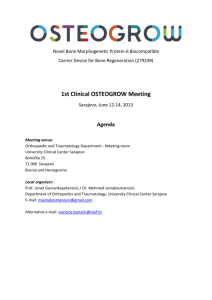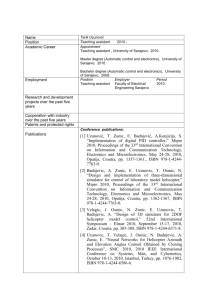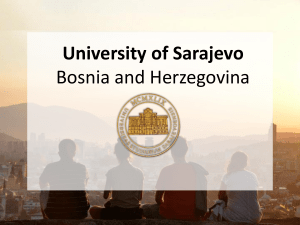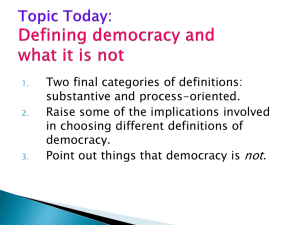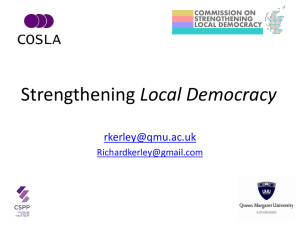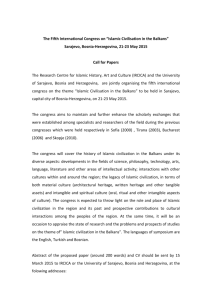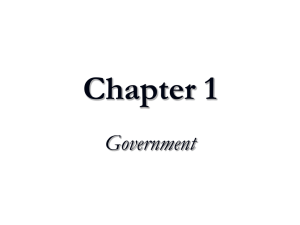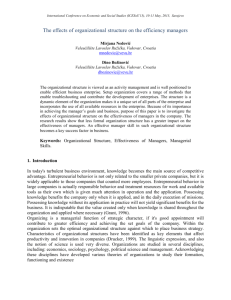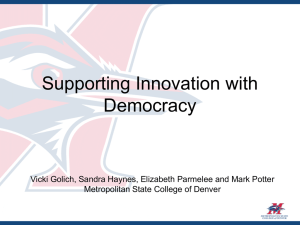ppt
advertisement
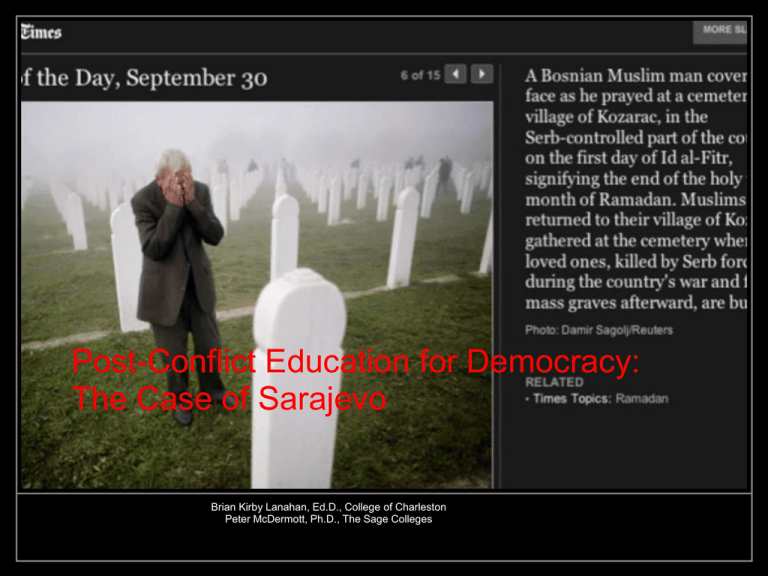
Post-Conflict Education for Democracy: The Case of Sarajevo Brian Kirby Lanahan, Ed.D., College of Charleston Peter McDermott, Ph.D., The Sage Colleges Theoretical Framework • Social justice is one of the central concepts of all democracies because with it children learn to value the rights of others and to think and act critically about solutions to challenges facing their communities (Westheimer & Kane, 2004). Social Justice and Democratic Pedagogy • Issues pertaining to race, class, gender and language are used as the context for classroom teaching and learning (Ayers et al.,2009; cochranSmith, 2004; Darling-Hammond et al., 2002) Social Justice and Democracy • The world offers all too many social justice issues that are pertinent to children’s lives and could be meaningfully studied in school. Racism, language diversity and immigration issues remain on-going points of conflict in the United States and require continuing inquiry. The rights of the Roma people (gypsies) in Eastern Europe could certainly serve as the context for teaching children about social justice. • The findings of this paper about teaching in Sarajevo may inform those interested about the challenges people in post-conflict countries encounter when attempting to transform their societies into ones that are socially just and democratic Questions 1. 2. 3. What are the characteristics of public education in Sarajevo, and in what respects does it support social justice democracy education? What kinds of educational reforms pertaining to social justice and democracy education have occurred since the 92-95 war? What contextual variables are influencing social justice and democracy education in BiH? Method • Descriptive study • Interviews (12) • Observations of elementary and secondary teaching (13) • Living and working in Sarajevo (4 & 8 months) Results (1)Omission of the 92-95 conflict from textbooks and curricula and absence of a multicultural curricula (2) Pervasive presence of emotional scars from the war (3) An overall dissatisfaction with the public schools and university systems in Sarajevo (4) Lack of political leaders and ineffective governmental structure impeding educational reform and the teaching of social justice and democracy. Textbooks • Civitas (civic education, rights and responsibilities of citizenship) • Omission of the war • Educators unsure as to how to present controversial issues. • Other textbooks are divisive - blame other ethnic groups for the war • Lack of multicultural education Pervasive Emotional Scars from the War • The government has not addressed the social and emotional damage that the war caused families. • “The country is still struggling with the past and we’re losing a generation. People are afraid to open-up because of the past—reconciliation and justice should have come before education” • “The International Tribunal for Justice has provided some satisfaction in bringing war criminals to justice; it has helped move the country forward, but much more needs to be done.” Dissatisfaction with the Public Schools and University Systems in Sarajevo • Student pessimism for change • University stale and corrupt • Principals’ dissatisfaction with university programs • Bologna process Lack of Political Leadership and Ineffective Governmental Structure • Politicians not enacting reform • Partisanship and populist • Local control/feds are debating group • Lack of political leadership • Fragmented educational system Discussion • Teaching for social justice and democracy education is not occurring on a large scale • No national curriculum • Few participatory lessons • Some univ. faculty trying to make a difference • NGO’s • Unless reform occurs, old rivalries and hostilities will continue

![“The Progress of invention is really a threat [to monarchy]. Whenever](http://s2.studylib.net/store/data/005328855_1-dcf2226918c1b7efad661cb19485529d-300x300.png)
